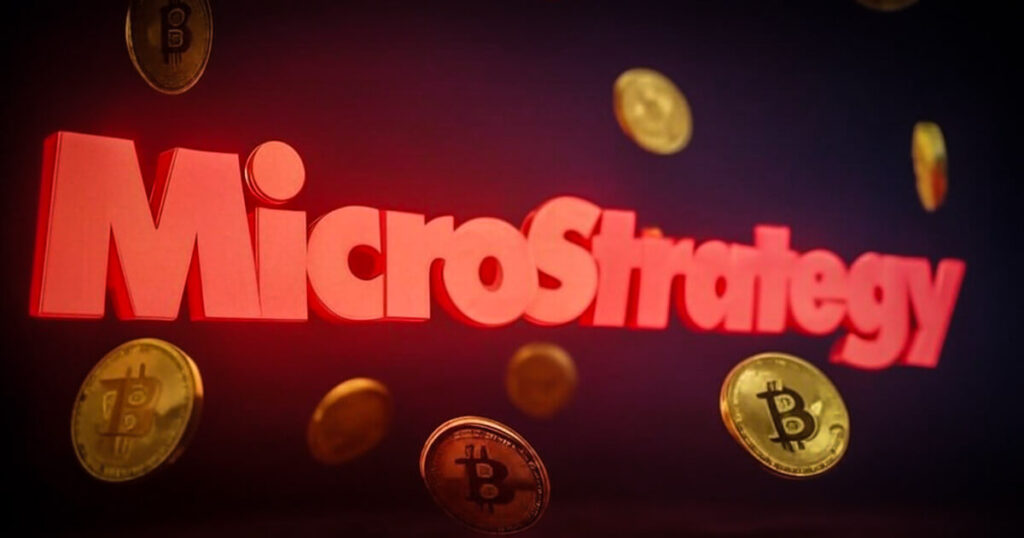MicroStrategy, a publicly-traded U.S. software company, continues to make waves in the cryptocurrency world with its latest move to raise $563 million through the sale of 7.3 million shares of its 8.00% Series A perpetual preferred stock. This significant capital injection will enable MicroStrategy to further bolster its already impressive balance sheet, which currently boasts a staggering 471,107 BTC—the largest corporate holding of Bitcoin in the world.
Former MicroStrategy CEO and vocal Bitcoin advocate, Michael Saylor, is leading the charge in what can only be described as a bold and daring strategy to accumulate as much Bitcoin as possible. With a price target of $49 million per Bitcoin, Saylor’s long-term outlook for the cryptocurrency is nothing short of bullish. In fact, he confidently predicts a “bear case” of $3 million per coin and a “bull case” of $49 million, based on annual growth rates of 21% and 37% respectively.
The decision to use the proceeds from the preferred stock offering to buy more Bitcoin is a clear indication of MicroStrategy’s unwavering confidence in the asset’s long-term potential and exponential growth in value. While most Bitcoin bulls may not share Saylor’s ambitious price target, MicroStrategy is not your average software company—and Saylor is not your average Bitcoin bull.
MicroStrategy’s perpetual preferred stock will have a liquidation preference of $100 per share and will accrue cumulative dividends at a fixed rate of 8.00% per annum. Shareholders will also have the option to convert their shares into MicroStrategy’s class A common stock at an initial conversion rate of 0.1000 shares per share. The offering is being managed by a syndicate of banks, none of which currently hold Bitcoin as a balance sheet asset.
In a landscape where the race to accumulate Bitcoin has never been more intense, MicroStrategy’s latest move solidifies its position as a major player in the cryptocurrency space. With a bold vision and a steadfast commitment to Bitcoin, MicroStrategy is setting the stage for a future where digital assets play an increasingly prominent role in the global economy.

